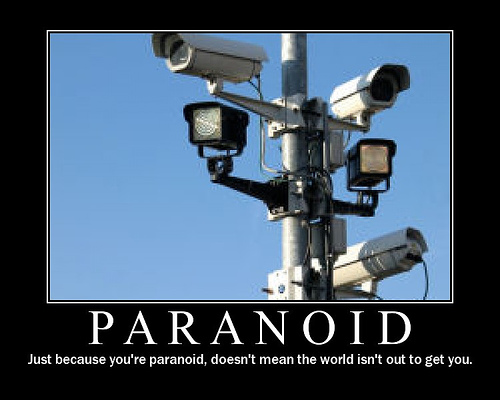
I arrived at San Fransisco airport on 30 Dec. 2008 for a 12-day trip in Bay Area, to visit my aunt’s family and friends. After skiing in Lake Tahoe over the new year, I spent a week at Stanford, reading, writing, and meeting old friends. Chatting with old friends is one of the most enjoyable things in life. We have talked about lives, people we know, and mostly plans for the future.
One friend is preparing LSAT while doing his materials engineering PhD, and he plans to apply for a joint degree in Law school. The prospect of being among the first waves of Chinese oversea students obtaining both PhD and JD and joining the elite group of lawyers drives him. He has even worked out his schedule of the application, from taking LSAT prep course, to test date, to the year of application.
Another friend, who quit Intel before joining an EE master program, is searching for something more interesting to do for her life. She took me to the headquarter of Intel, where she used to work. I had a chance to learn about the history behind Intel and how the chips are made. The personal stories of the founders, Robert Noyce and Gordon Moores, as well as the first CEO Andrew Grove, are the most intriguing among all the technologies and science demonstrations. One picture showing all three of them injured either from skiing trip or some other sports is hilarious. One quote from Andrew Grove has a lasting impression on me: ” Success breeds complacency. Complacency breeds failure. Only the paranoid survive.”
The last friend I met is in her first year in business school. Heavy course loads have consumed most of her energy, but she still looks lively. Stanford business school offers her a big jump in her career, and she is looking for something big for her life. With the knowledge of what she enjoys doing and a realistic picture of what the world could offer, she has laid out several priorities for her career without losing sight of other options in this dire economic situation.
Most of the three conversations revolves around our future plans , not surprisingly, given our age. These talks help me refine my own career plans. Though the details of the plan still need fuller considerations, the rationale seems to have emerged: Use what I enjoy doing and what I am good at to satisfy the need of the society. The first half is personal. The second half, which is more important, is to ensure the plan is relevant to my time. Curiosity is sometimes aimless, especially in science, so relevance helps keep the aimless creature on the right track. Being relevant to the current need of the society also adds significance to the work, and serves as a perpetual source of motivation.
So the question is what is relavent. On the science and technology side, the big things are new energy, biotechnologies, (especially bio-pharmaceutical revolutions), bioscience (the origins of life), nanotechnology (especially quantum computation and new materials), information technology, neuroscience (especially the answer of what is consciousness), space science and technology (especially the prospect of space travel). On the social/political side, the rise of China and India, the intergration of people from every corners of the world into an exceedingly connected world, the healthy aging of the superpower US, and the prevention of any large scale war. On the humanitarian side, poverty, the access to equal opportunity of education for the poor, fair distribution of wealth among nations and their citizens, spiritual harmony among various religious groups.
What one man can do is little, but as long as it is rightly guided by conscience, the contribution will be meaningful, and hopefully significant.
Image souce: http://www.flickr.com/photos/mikeaf/61348518/.
